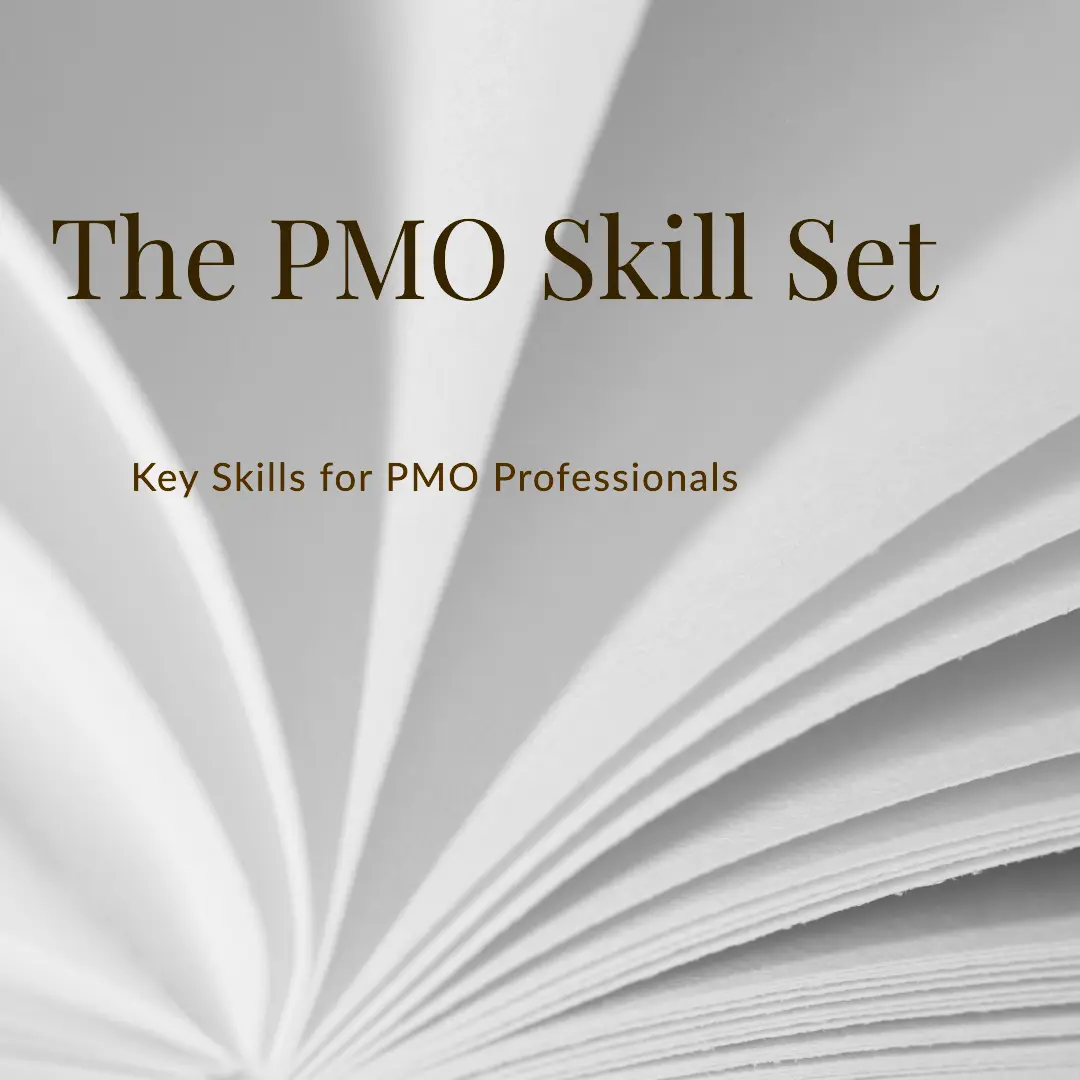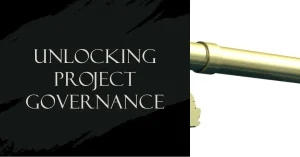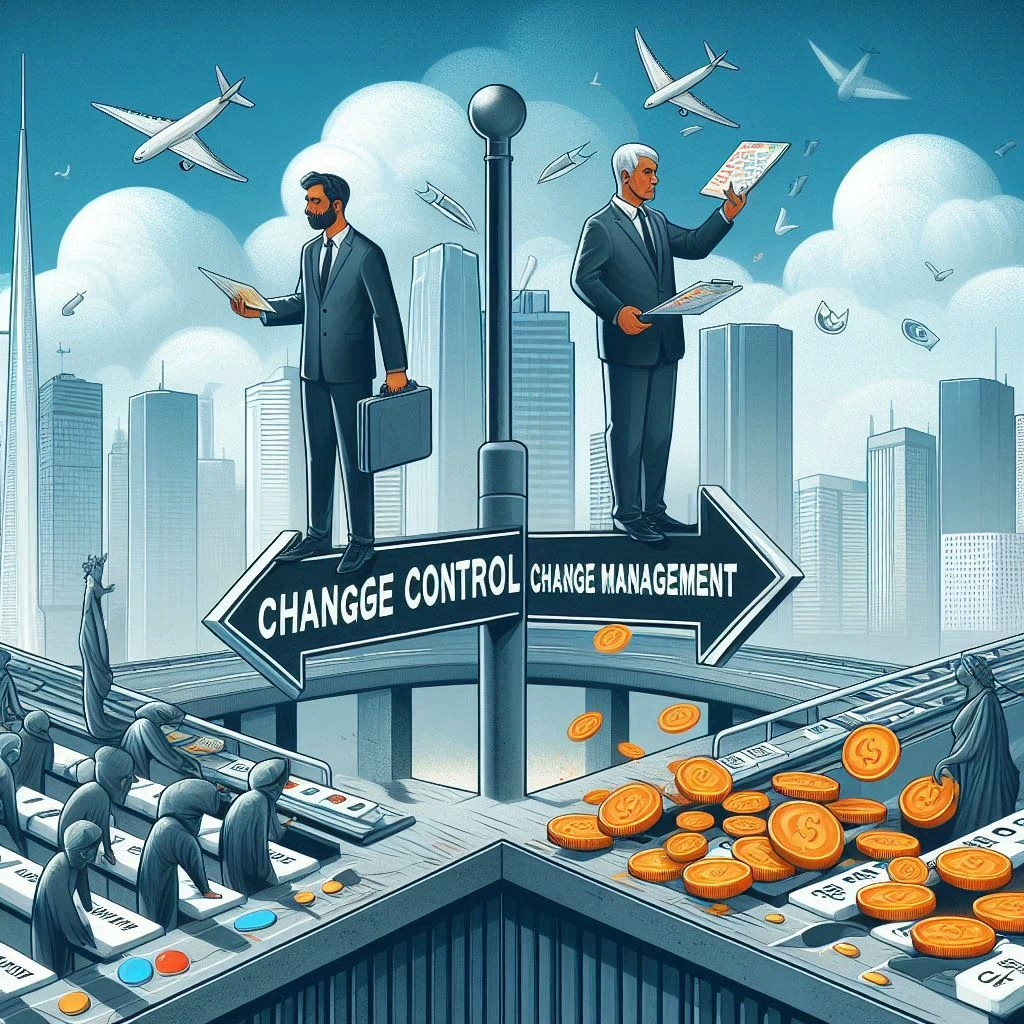To find out how Artificial Intelligence is changing the Project Management landscape, you may enjoy reading this article https://www.shaunstoltz.com/did-artificial-intelligence-just-change-everything-about-project-management/
I. Introduction
Hello, fellow PMO enthusiasts! If you’re anything like me, you understand that the Project Management Office (PMO) is the backbone of any successful organization. It’s the hub that keeps projects on track, ensures they align with business goals, and helps teams navigate through the twists and turns of project delivery. With such a crucial role to play, it’s no surprise that skilled PMO professionals are in high demand.
But what does it take to become a top-notch PMO professional? What are the key skills that can help you stand out from the crowd and propel your career to new heights? That’s exactly what we’re going to explore in this blog post.
We’ll dive deep into the essential skills every PMO professional should possess, from communication and leadership to strategic thinking, and provide you with practical tips on how to develop these skills. So, buckle up and let’s embark on this journey together to unlock your full potential as a PMO professional!
II. Essential Skills for PMO Professionals
A. Communication Skills
As a PMO professional, you’re likely to be at the center of numerous interactions, from team meetings to liaising with stakeholders. This makes communication skills absolutely vital. Here are some key aspects of communication and how you can hone these skills:
- Importance of clear and concise communication: The ability to convey information in a clear and concise manner will save you and your team valuable time and resources. It also minimizes misunderstandings and keeps everyone on the same page.
- Written communication: From crafting emails to drafting project documents, written communication is a big part of your day-to-day work. To improve your writing, practice drafting messages that are succinct, well-structured, and tailored to your audience.
- Verbal communication: Engaging in effective verbal communication is crucial, whether you’re presenting to stakeholders or discussing project updates with your team. Focus on speaking clearly, confidently, and with purpose to make an impact.
- Active listening: As important as it is to convey information, it’s equally vital to truly listen and understand others. Practice active listening by giving your undivided attention, asking follow-up questions, and summarizing key points to ensure you’ve grasped the message.
- Tips for improving communication skills: Read books on communication, attend workshops, and practice communicating with diverse groups. Remember, practice makes perfect!
B. Leadership Skills
As a PMO professional, you’re often in a position of leadership, guiding teams through the complexities of project delivery. Here’s what you need to know about developing your leadership skills:
- The role of PMO professionals as leaders: You’re responsible for ensuring projects are delivered on time, on budget, and within scope. This requires a strong ability to lead and inspire your team.
- Leading teams and managing resources: Learn how to delegate tasks effectively, set clear expectations, and provide guidance to your team members.
- Decision-making and problem-solving: Effective leaders make informed decisions and tackle problems head-on. Develop these skills by gathering data, evaluating options, and seeking input from your team.
- Building trust and motivating team members: Trust is the foundation of any successful team. Be transparent, accountable, and genuine in your interactions, and recognize the accomplishments of your team members to keep them motivated.
- Tips for enhancing leadership skills: Seek out leadership development programs, learn from mentors, and embrace opportunities to lead in different settings.
C. Strategic Thinking
Strategic thinking is crucial for PMO professionals, as it helps you align projects with organizational goals and manage resources effectively. Let’s explore how to develop this skill:
- Importance of strategic thinking in PMO: Strategic thinking allows you to see the bigger picture, ensuring your projects contribute to the organization’s overall success.
- Aligning projects with organizational goals: Understand your organization’s objectives and ensure that your projects support these goals. This will help you prioritize and allocate resources more effectively.
- Identifying risks and opportunities: Develop a proactive approach to identifying potential risks and opportunities that may impact your projects, and plan accordingly.
- Analyzing and prioritizing projects: Learn to analyze projects based on their strategic importance, level of effort, and potential impact, to make informed decisions about which projects to pursue.
- Tips for developing strategic thinking skills: Engage in strategic discussions, seek feedback from peers and mentors, and immerse yourself in industry trends to stay ahead of the curve.
III. Additional Skills for PMO Professionals
Besides the core skills we’ve discussed so far, there are a few more abilities that can set you apart as a PMO professional and make you even more effective in your role:
A. Time Management and Organization
With multiple projects and deadlines to juggle, time management and organization are crucial for PMO professionals. Mastering these skills will help you stay on top of your workload and ensure projects are delivered efficiently:
- Prioritizing tasks: Learn to identify high-impact tasks and focus on completing them first, to make the most of your time.
- Creating schedules and to-do lists: Use tools like calendars and task management apps to keep track of your responsibilities and deadlines.
- Setting realistic goals: Break projects down into manageable tasks and set achievable deadlines to avoid feeling overwhelmed.
- Tips for improving time management and organization: Explore different time management techniques, such as the Pomodoro Technique, to find a method that works best for you.
B. Conflict Resolution and Negotiation
As a PMO professional, you’ll inevitably face conflicts and challenges throughout your projects. Developing conflict resolution and negotiation skills will help you navigate these situations with ease:
- Stay calm and composed: Approach conflicts with a level-headed mindset to help find a resolution more effectively.
- Active listening and empathy: Understand different perspectives and validate others’ feelings to foster a collaborative environment.
- Finding a win-win solution: Strive to find solutions that benefit all parties involved, fostering a spirit of teamwork and cooperation.
- Tips for improving conflict resolution and negotiation skills: Attend workshops, read books on the subject, and practice by engaging in role-playing exercises.
C. Change Management
Change is a constant in the world of project management, and PMO professionals must be adept at managing change effectively:
- Embrace change: Develop a positive attitude towards change and view it as an opportunity for growth.
- Communicate clearly: Keep stakeholders informed about changes and the reasons behind them, to ensure a smoother transition.
- Implementing changes effectively: Develop a structured approach for implementing changes, including training, support, and monitoring.
- Tips for improving change management skills: Learn from change management frameworks, such as ADKAR, and attend industry events to stay updated on best practices.
D. Technical Skills
A strong foundation in technical skills, such as project management tools and software, can help you work more efficiently and effectively:
- Familiarity with project management software: Learn to use popular tools like Microsoft Project, Trello, or Asana, to streamline project planning and tracking.
- Data analysis and reporting: Master spreadsheet tools like Microsoft Excel or Google Sheets for data analysis and reporting.
- Tips for improving technical skills: Take online courses, attend workshops, and practice using these tools regularly to build proficiency.
E. Industry Knowledge and Experience
Finally, having a deep understanding of your industry, its trends, and best practices will help you make more informed decisions and deliver projects that are truly impactful:
- Stay informed: Keep up with industry news, research, and trends to stay ahead of the curve.
- Learn from others: Engage with peers, mentors, and experts in your field to gain valuable insights and advice.
- Attend industry events: Participate in conferences, workshops, and networking events to expand your knowledge and connections.
- Tips for building industry knowledge: Set aside time each week to read industry articles, listen to podcasts, and participate in relevant online forums.
IV. Developing and Enhancing Your PMO Skill Set
Now that we’ve explored the essential and additional skills for PMO professionals, let’s discuss how you can develop and enhance these abilities to excel in your career. Remember, success is a journey, and continuous growth is the key to unlocking your full potential.
A. Ongoing education and professional development
Investing in your education and professional development is crucial for staying relevant and competitive in the PMO landscape. Here are a few ways to do so:
- Pursuing certifications: Consider obtaining certifications like PMP (Project Management Professional), PRINCE2, or Agile, to validate your skills and knowledge. These certifications can also help you stand out to potential employers and open doors to new opportunities.
- Attending workshops and seminars: Participate in workshops and seminars that focus on the skills we’ve discussed, such as communication, leadership, or strategic thinking. These events not only enhance your skills but also provide valuable networking opportunities.
- Participating in professional associations and networking events: Join professional associations like the Project Management Institute (PMI) or the Association for Project Management (APM) to access resources, attend events, and connect with like-minded individuals who share your passion for PMO.
B. On-the-job experience
There’s no substitute for hands-on experience, and the more you’re exposed to real-world situations, the more adept you’ll become at applying your skills. Here are some tips for gaining on-the-job experience:
- Learning from mentors: Seek guidance from experienced PMO professionals who can share their insights, experiences, and advice. Don’t be afraid to ask questions and learn from their successes and mistakes.
- Seeking feedback and applying lessons learned: Continuously seek feedback from your peers, supervisors, and stakeholders. Use this feedback to identify areas for improvement and apply the lessons learned to future projects.
- Embracing new challenges and responsibilities: Step out of your comfort zone and take on challenging projects or new responsibilities within your organization. This will not only broaden your skillset but also demonstrate your initiative and drive to succeed.
C. Self-assessment and goal setting
Finally, regularly assessing your skills and setting goals for improvement can help you stay on track and focused on your growth as a PMO professional:
- Identifying areas for improvement: Take an honest look at your current skill set and pinpoint areas where you could improve. Be open to criticism and use it constructively to refine your abilities.
- Setting and tracking progress toward skill development goals: Set specific, measurable, achievable, relevant, and time-bound (SMART) goals for developing your skills. Regularly review your progress and adjust your goals as needed to stay on track and motivated.
In conclusion, PMO professionals play a critical role in the success of any organization, and developing a well-rounded skill set is essential for career growth. By focusing on the key skills we’ve discussed, investing in your professional development, and actively seeking opportunities to learn and grow, you’ll be well on your way to becoming a highly effective PMO professional. So, keep pushing yourself, stay curious, and embrace the exciting journey that lies ahead!
V. Conclusion
Congratulations, my fellow PMO enthusiasts! You’ve made it to the end of this comprehensive guide on the PMO skill set. I hope this journey has been as enlightening and inspiring for you as it has been for me. Let’s take a moment to recap the importance of developing these skills and the impact they can have on your career growth.
As a PMO professional, you’re the glue that holds teams and projects together, driving your organization towards success. To excel in this role, it’s essential to develop a well-rounded skill set that encompasses communication, leadership, strategic thinking, and more. By continually improving these skills, you’ll not only enhance your effectiveness but also set yourself apart from the competition and open doors to new opportunities.
But remember, the path to becoming a top PMO professional is not a sprint – it’s a marathon. Success lies in your ability to embrace continuous learning, seek feedback, and adapt to the ever-evolving PMO landscape. So, stay curious, be tenacious, and take every opportunity to learn and grow. Your future self will thank you for it.
As you embark on your journey to PMO excellence, keep the tips and advice from this blog post close to your heart. I have no doubt that, armed with determination and the right skill set, you’ll achieve great things in your career. And who knows, perhaps one day we’ll cross paths at a PMO conference, swapping stories of our successes and lessons learned. Until then, happy skill-building, and may your PMO career soar to new heights!
Find out more about Shaun Stoltz https://www.shaunstoltz.com/about/
This post was written by an AI and reviewed/edited by a human.



